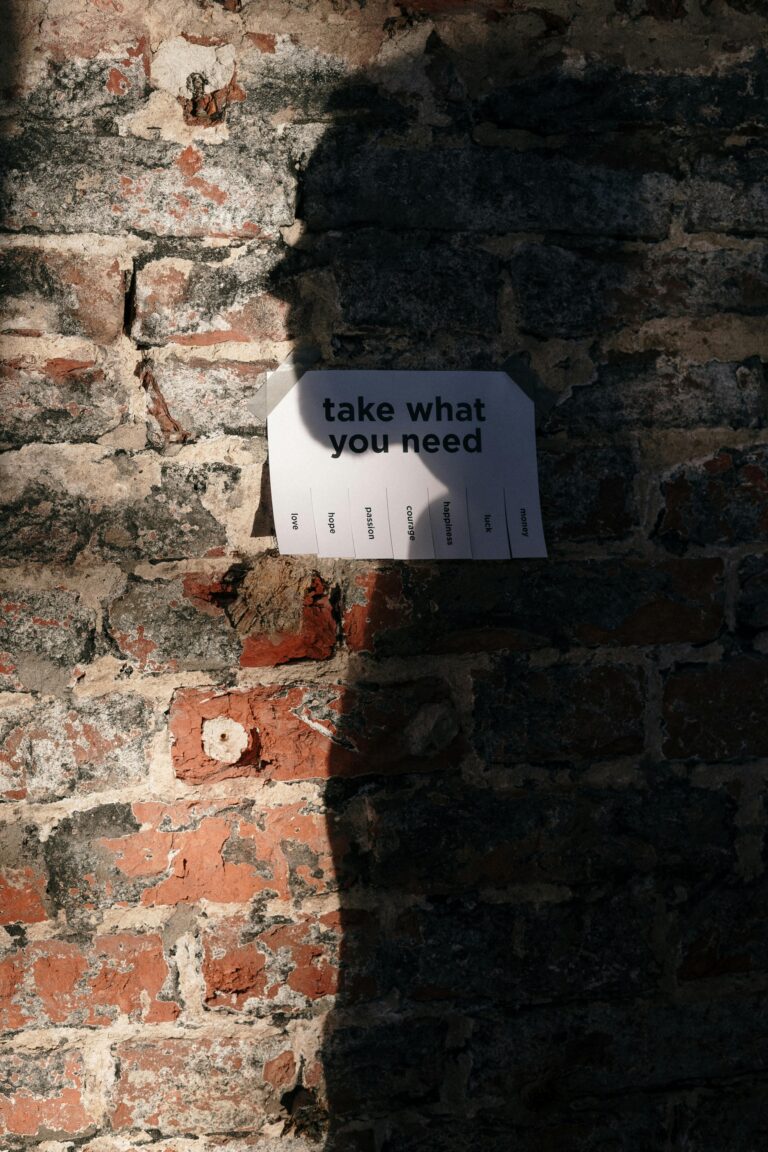How to Quit Overthinking?
Overthinking—it’s like that pesky little sibling who just won’t stop poking you. You know the one: always asking “What if?” or “Did I really say that?” It can turn a simple decision into a labyrinth of anxiety and self-doubt. But fear not! Quitting overthinking is a journey, not a race. Let’s stride through this together, shall we?
Understanding Overthinking
Before we dive into the nitty-gritty of solutions, let’s take a moment to understand what overthinking really is. Picture yourself standing in front of a buffet, where every dish looks tantalizing. Instead of picking one, you stand there, frozen, contemplating each option until the food gets cold. Overthinking is much like that—a habit of analyzing every detail to the point of paralysis.
In essence, it’s a mental wrestling match where your thoughts are the contenders, and the referee is nowhere to be found. This can lead to feelings of anxiety, stress, and even a touch of self-doubt. So, how do we break free from this mental maze?
Recognizing Triggers
The first step in conquering overthinking is identifying what triggers it. Is it that looming deadline at work? A conversation that didn’t go quite as planned? Or maybe it’s just a Tuesday? Hey, it happens! Jotting down your triggers can be a game changer. Here’s how to do it:
- Keep a Thought Journal: Carry a small notebook or use a note-taking app on your phone. Whenever you catch yourself overthinking, jot down the situation and your thoughts.
- Reflect: At the end of the week, review what you’ve written. Is there a pattern? Recognizing these triggers is half the battle.
Practice Mindfulness
Mindfulness is like a mental reset button. It helps you focus on the present rather than getting lost in the “what ifs” of tomorrow or the “could haves” of yesterday. Here are a few techniques to help you tap into mindfulness:
- Deep Breathing: Take a moment to breathe in through your nose, hold for a count of four, and exhale slowly through your mouth. Repeat this a few times, and you’ll feel the weight of your thoughts lift.
- Grounding Exercises: Focus on your surroundings by naming five things you can see, four things you can touch, three things you can hear, two things you can smell, and one thing you can taste. It’s a quick way to anchor yourself in the now.
Set Time Limits for Decision-Making
Have you ever spent hours deliberating over what movie to watch? Instead of falling down a rabbit hole of endless choices, why not set a timer? Give yourself a specific amount of time to make a decision, whether it’s choosing dinner, tackling a work project, or planning your weekend. Here’s how to do it:
- Decide on a Time Frame: Depending on the importance of the decision, set a timer for 5 to 30 minutes.
- Make a Choice: Once the time is up, make a decision and stick to it. You’ll often find that your first instinct was spot on!
Challenge Negative Thoughts
Overthinking often involves a parade of negative thoughts that march through your mind, each more dramatic than the last. Challenge these thoughts by asking yourself:
- Is this thought based on facts or assumptions?
- What evidence do I have that supports or contradicts this thought?
- What would I tell a friend if they were in my shoes?
By reframing your thoughts, you can diminish their power over you. Remember, you’re the narrator of your own story; don’t let the pessimistic thoughts write the script!
Engage in Physical Activity
Nothing clears the mind quite like movement. Whether it’s a brisk walk, a dance party in your living room, or a yoga session, physical activity releases those feel-good endorphins and helps shake off the mental cobwebs. Try integrating some of these into your routine:
- Daily Walks: Even a short stroll can provide clarity and fresh perspectives.
- Join a Class: Whether it’s kickboxing or Zumba, find something that excites you!
Seek Support
Sometimes, the best way to combat overthinking is to talk it out. Friends, family, or even a therapist can provide a sounding board for your thoughts. They can offer insights you might not have considered and reassure you that you’re not alone in this mental wrestling match. Plus, sharing a laugh can lighten the load—because let’s face it, sometimes our worries are just too ridiculous not to chuckle at!
Limit Information Overload
In today’s digital age, we’re bombarded with information from every direction. News articles, social media, and even well-meaning advice can add fuel to the overthinking fire. Take a step back and consider:
- Unfollow Sources of Stress: If certain social media accounts or news outlets leave you feeling anxious, it’s okay to hit that unfollow button.
- Set Boundaries: Designate specific times for checking emails or social media, allowing yourself to disconnect when needed.
By limiting the influx of information, you’ll create a mental space that’s conducive to clearer thinking and better decision-making.
Embrace Imperfection
Lastly, let’s talk about the big “P” word—perfection. It’s a myth, folks! The pressure to be perfect can drive overthinking into overdrive. Instead of striving for excellence, aim for progress. Celebrate your achievements, no matter how small. Remember, even the most successful people have faced hurdles and made mistakes. It’s all part of the journey!
So, next time you find yourself spiraling down the overthinking rabbit hole, remember that it’s okay to pause, breathe, and take it one step at a time. After all, life’s too short to spend it in a mental wrestling match. Let’s tackle those thoughts together and embrace the beautiful chaos of life!



